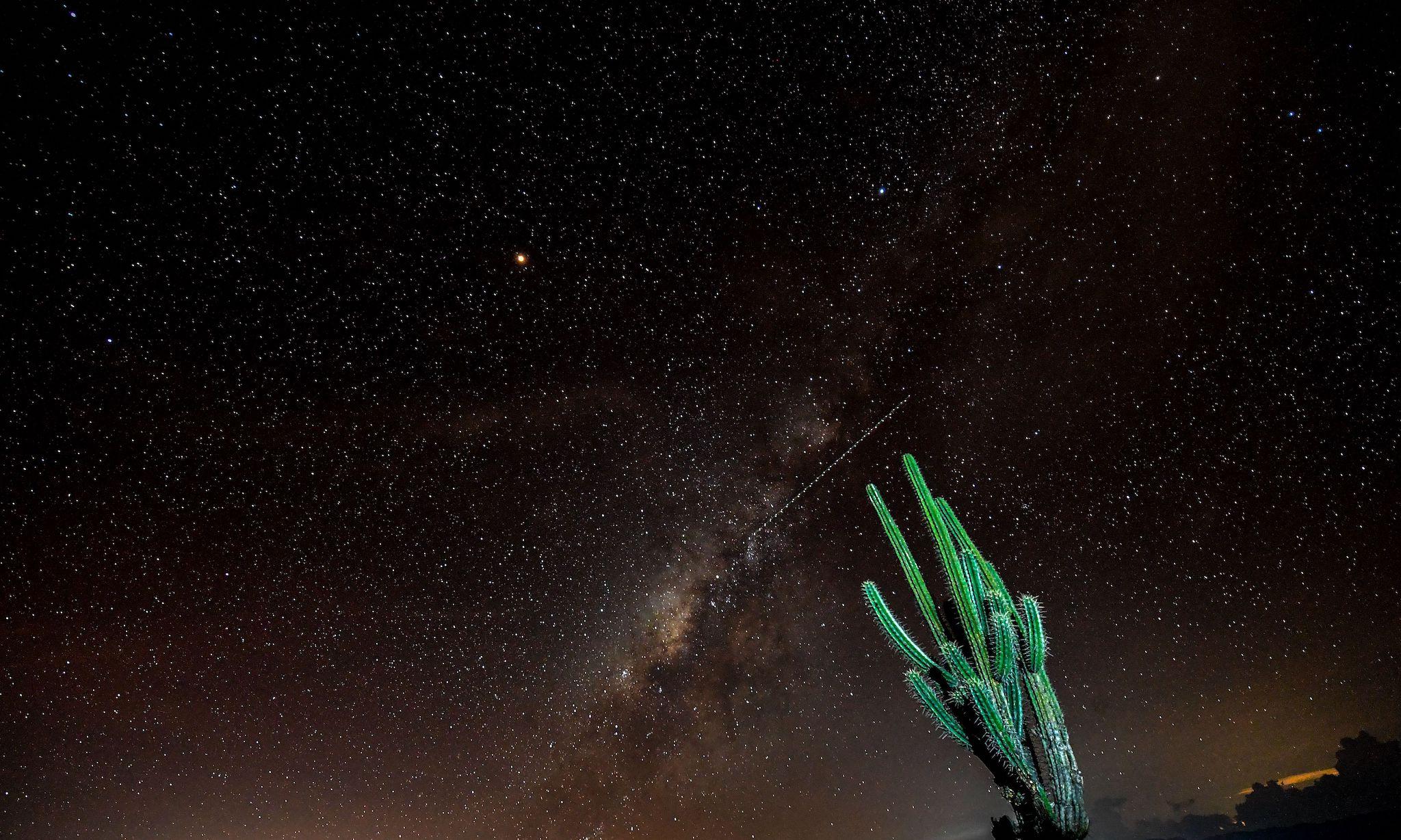Alien life could be growing in more environments than we realised, study suggests
Researchers were able to grow microorganisms in an entirely hydrogen atmosphere – indicating the same could be happening elsewhere in the universe

Your support helps us to tell the story
From reproductive rights to climate change to Big Tech, The Independent is on the ground when the story is developing. Whether it's investigating the financials of Elon Musk's pro-Trump PAC or producing our latest documentary, 'The A Word', which shines a light on the American women fighting for reproductive rights, we know how important it is to parse out the facts from the messaging.
At such a critical moment in US history, we need reporters on the ground. Your donation allows us to keep sending journalists to speak to both sides of the story.
The Independent is trusted by Americans across the entire political spectrum. And unlike many other quality news outlets, we choose not to lock Americans out of our reporting and analysis with paywalls. We believe quality journalism should be available to everyone, paid for by those who can afford it.
Your support makes all the difference.Alien life could flourish in many more kinds of environment than we had previously realised, a new study has suggested.
In the new research, scientists found that microorganisms could survive and grow in an atmosphere made entirely of hydrogen. That suggests the same could be happening elsewhere in the universe, the researchers indicate, and that alien life could be growing in similar places.
Away from Earth, there are many exoplanets that are much bigger than our planet and have large amounts of hydrogen in their atmosphere. Those atmosphere tend to extend more than those that are similar to our atmosphere, meaning they are easier to see through the telescopes we use to scour the universe for alien planets.
In the past, those detections have been something of a disappointment, since scientists have believed that those worlds with large amounts of hydrogen would be less likely to support life. But research on them has been limited.
Now scientists have attempted to address that problem by E.coli and yeast – two fundamentally different forms of life – in laboratory environments akin to those worlds, on Earth. Doing so would allow the researchers to understand how such basic life forms would flourish on other planets.
They discovered that both were able to reproduce normally, though slowly, in atmospheres that were made entirely of hydrogen.
The growth of E.coli was around two times slower, while the yeast grew about 2.5 orders of magnitute more slowly. That is thought to be a result of the lack of oxygen.
Researchers hope that if such microorganisms are growing on other planets, they may one day be detectable from Earth. They tend to produce a huge variety of gases, which could eventually become thick enough on their home planets that we would be able to spot them from across the universe, they suggest.
The discovery also shows how experiments in labs on Earth could help illuminate the search for alien life on other planets, they write in the study.
The paper, 'Laboratory studies on the viability of life in H2-dominated exoplanet atmospheres', is published in Nature Astronomy.
Join our commenting forum
Join thought-provoking conversations, follow other Independent readers and see their replies
Comments